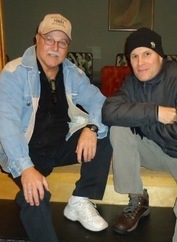
In honor of the "guru" of games I pulled out one (of over 30) of his activity booklets I have on my shelf to find something to share with you - from Mike. It's a small group variation of an activity I have used called Blind Shapes using a long activity rope with a large group (I've also shared my small group variation below as well). For Mike's version he suggests 30 to 40 foot sections of cotton rope tied together at the ends to make a circle or rope. If you have Raccoon Circles in your box of gear (15 foot lengths of tubular webbing), you could tie two together for the prop you need for a group of 5 to 6 players. (Multiple groups can play at the same time.) Here's Mike's description:
This activity will allow the [small] group[s] to work together in a way that increases members sensitivity to each other. Divide the class into groups of five or six and give each group a rope [or webbing]. Tell the class that from this point on there is no talking. Each child is to keep both hands on the rope and together the group is to form the items that you say. [Possible items include:]
- A circle
- A square
- A rectangle
- A pentagon
- A flag
- A kite
- A butterfly
- A tree
- A flower
- A tall building
- A diamond
[I see some Common Core connections that can be made creating shapes - Geometry anyone? This shape list, of course, can be expanded to include items and topics you are working on in class or on the challenge course. What about a shape that represents "community" or "trust" or "teamwork?"]
[Back to Mike's description - this is my favorite part of the activity.] You many move into "emotional ropes" [or webbings] by telling the class to make the rope look happy, nervous, smiling, frowning, friendly, angry, sad, etc... For an older group, ask them to try this activity blindfolded [or with eyes closed] and allow them to talk during the process. Note: You may use the rope to review map skills, other geometric figures, and so forth.
[I have a similar activity I use called Shapes. Using the same list above the small groups are making the shapes with the webbing circle around their ankles - everyone is inside the webbing circle essentially pushing out against the webbing to keep it off of the ground while they navigate through the shapes. I'm now going to add in the emotions to my list to explore the outcomes. LOVE IT!]
Thanks Mike!! You are the best of the best my friend.
Add your favorite shapes to the list - share in the comments below.
All the best,
Chris Cavert

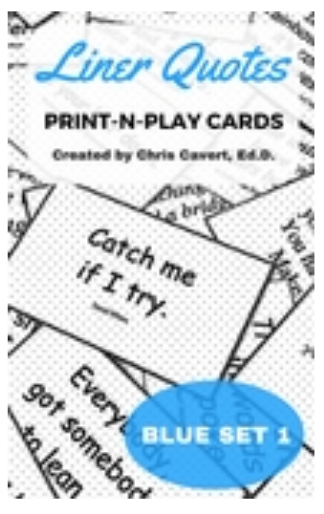
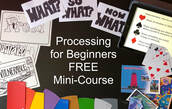
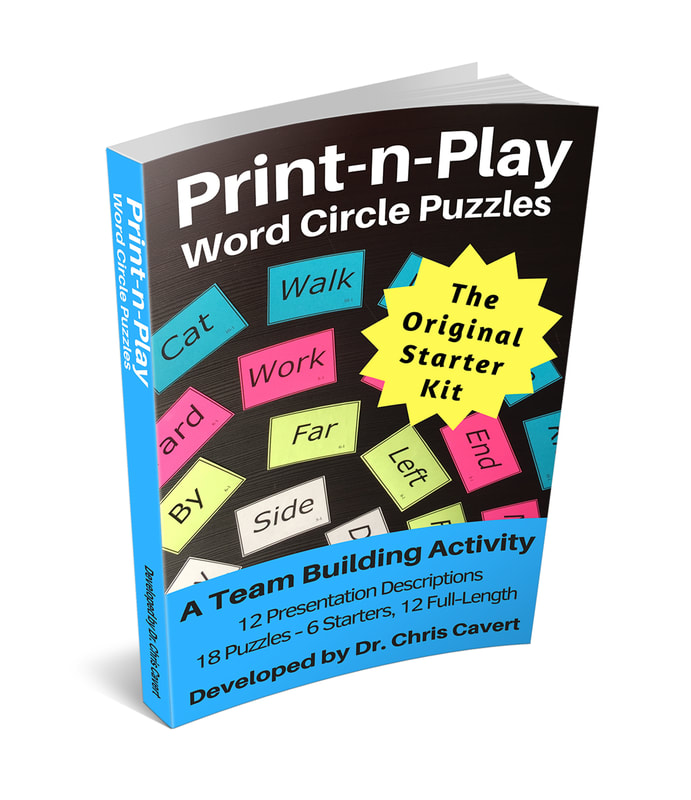
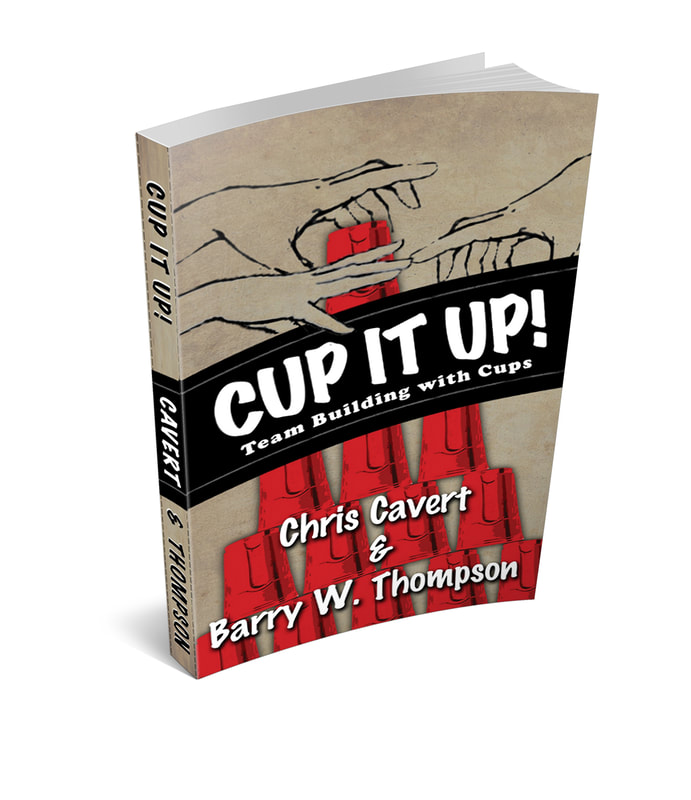
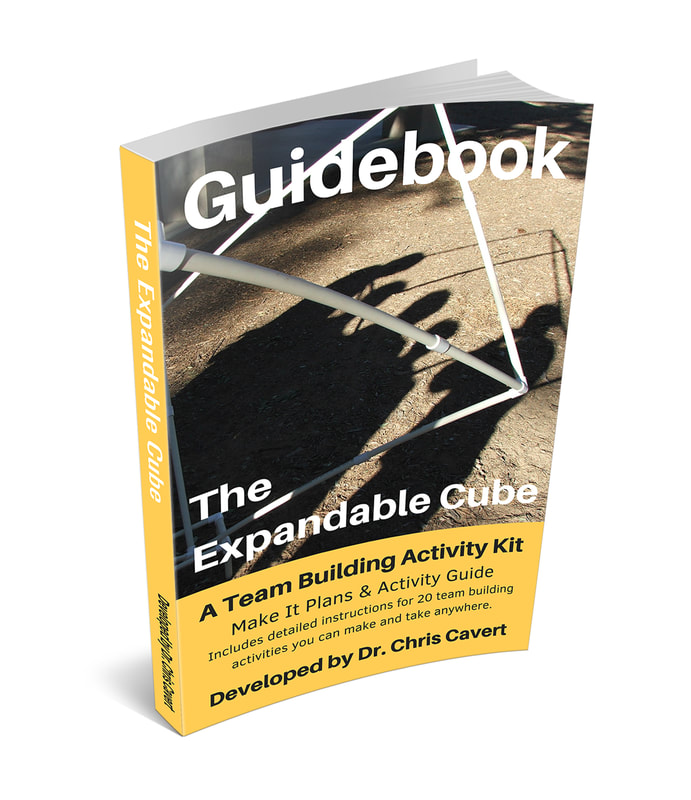
 RSS Feed
RSS Feed